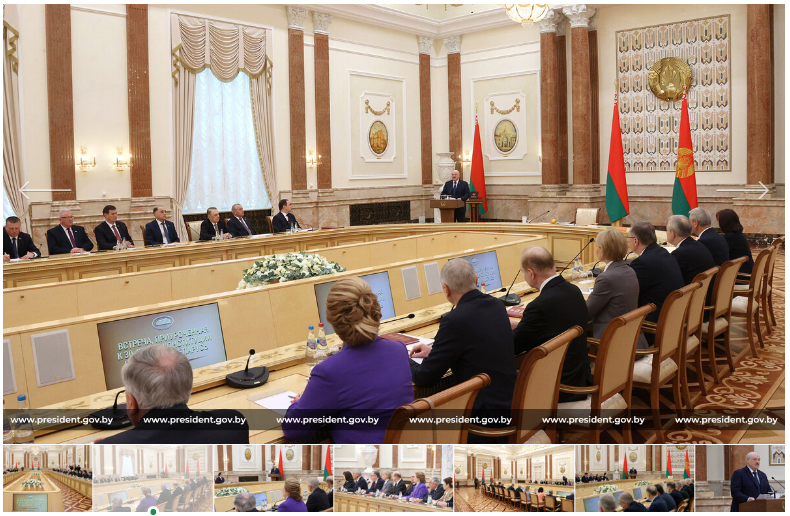Challenges and Opportunities: Pakistan’s IT Sector Struggles Amidst Calls for Policy Reforms
In the bustling capital of Islamabad, the pulse of Pakistan’s Information Technology (IT) industry reverberates with both concern and hope. Recent data reveals a concerning decline of 12.4 percent in IT exports for January 2024, sounding alarms among industry leaders like Noman Said, a prominent IT exporter.
Said, while acknowledging the challenges faced by the sector, emphasizes the potential for growth and socioeconomic improvement through IT exports. With a target of $3.5 billion for the fiscal year 2024, there is a collective push to break the psychological barrier of $300 million monthly exports.
The Minister of IT highlights the recent 32 percent increase in exports within 60 days, attributing it to decisions made by the Special Investment Facilitation Council (SIFC). This council aims to streamline investment processes and foster a conducive environment for IT growth.
However, Said stresses the need for sustained policy interventions to realize the industry’s full potential. He calls for a decade-long tax exemption for the IT sector, uniform policies across relevant government bodies, and national-level skills development programs in cutting-edge technologies.
Moreover, private-sector representation in policymaking bodies such as the Special Technology Zones Authority (STZA) and provincial IT boards is deemed essential for effective policy formulation.
As Pakistan grapples with economic challenges, its IT sector stands as a beacon of hope for growth and innovation. Yet, concerted efforts and supportive policies are crucial to navigate the sector towards its full potential, benefiting both the industry and the nation at large.




